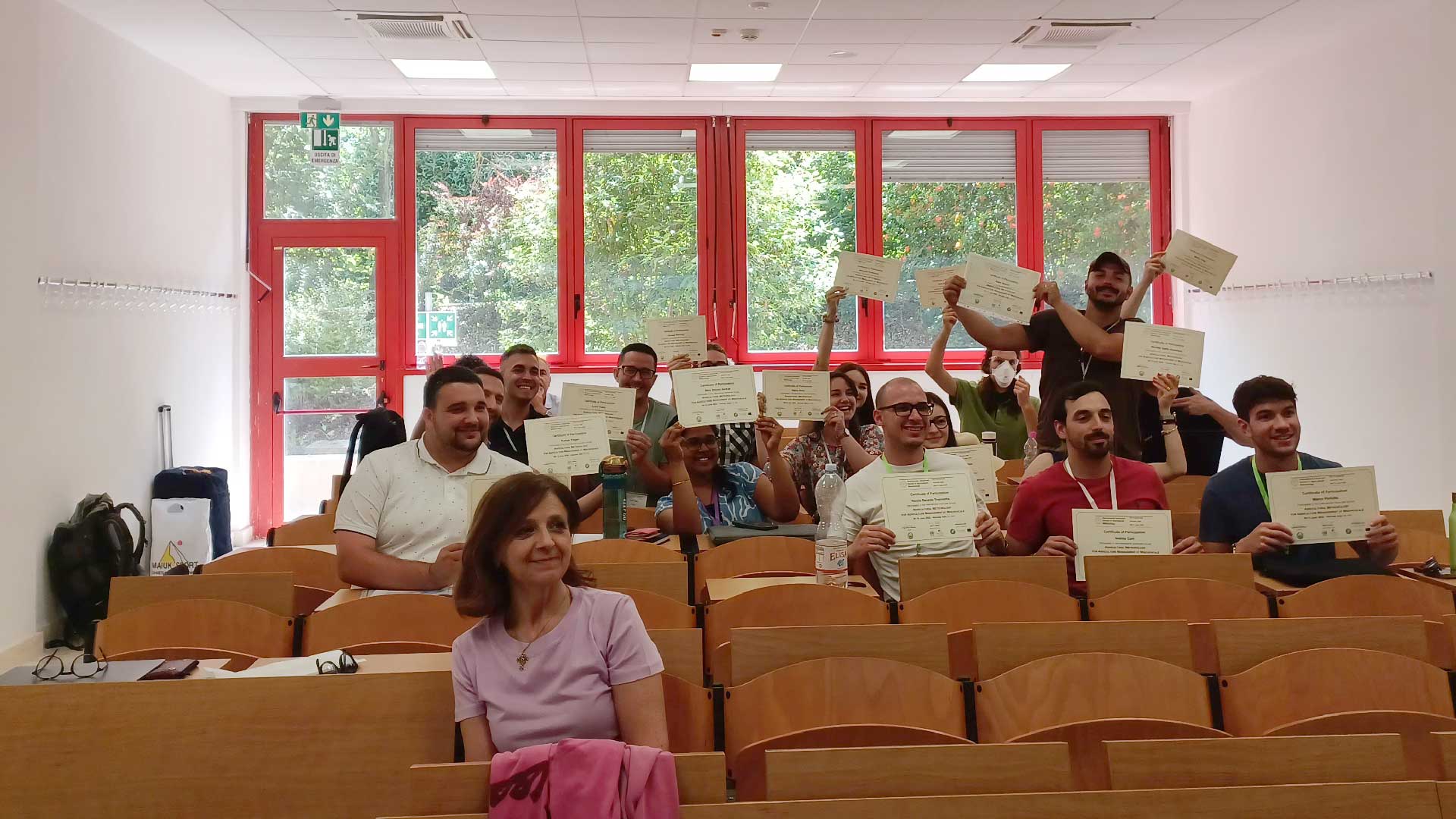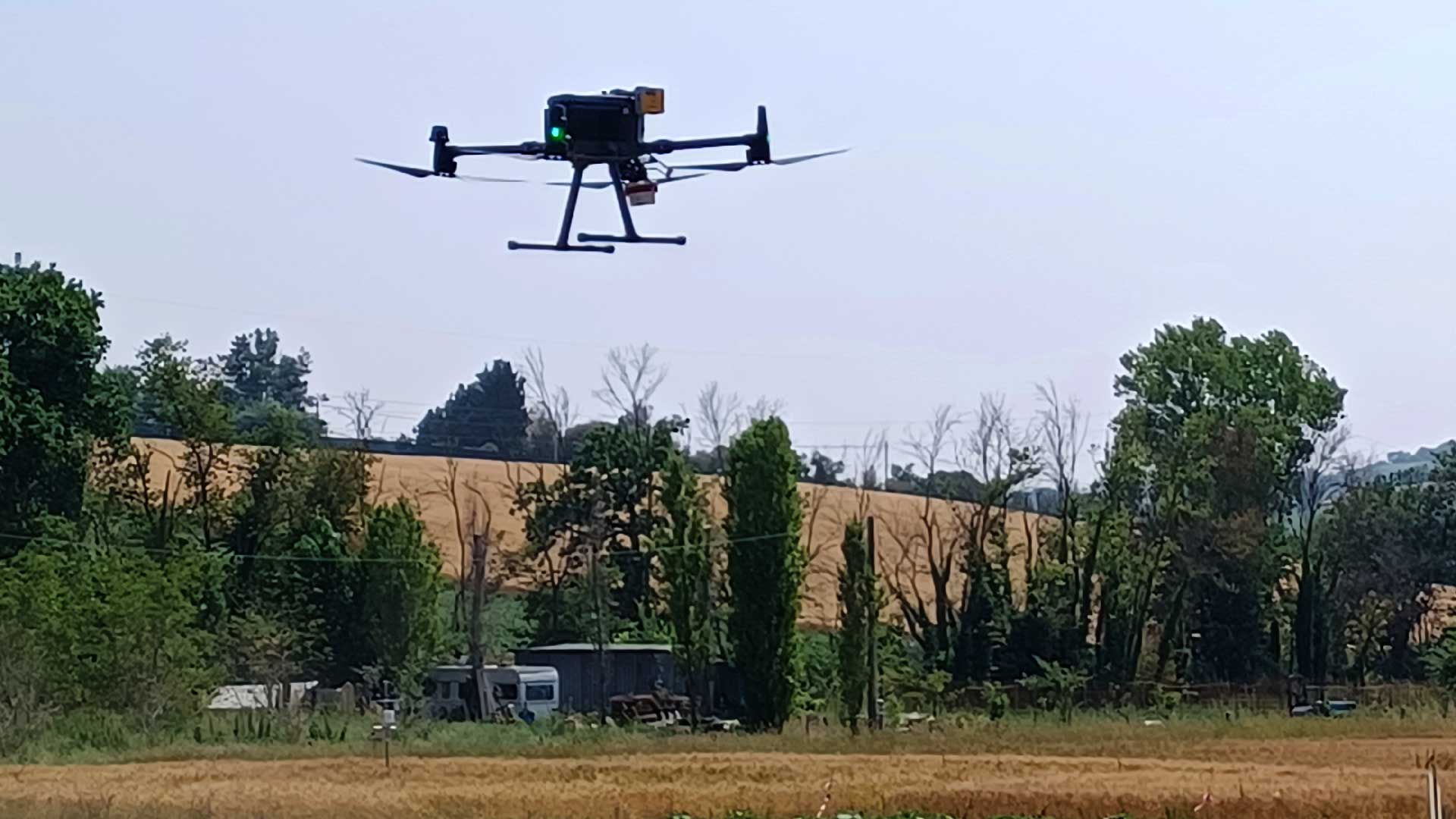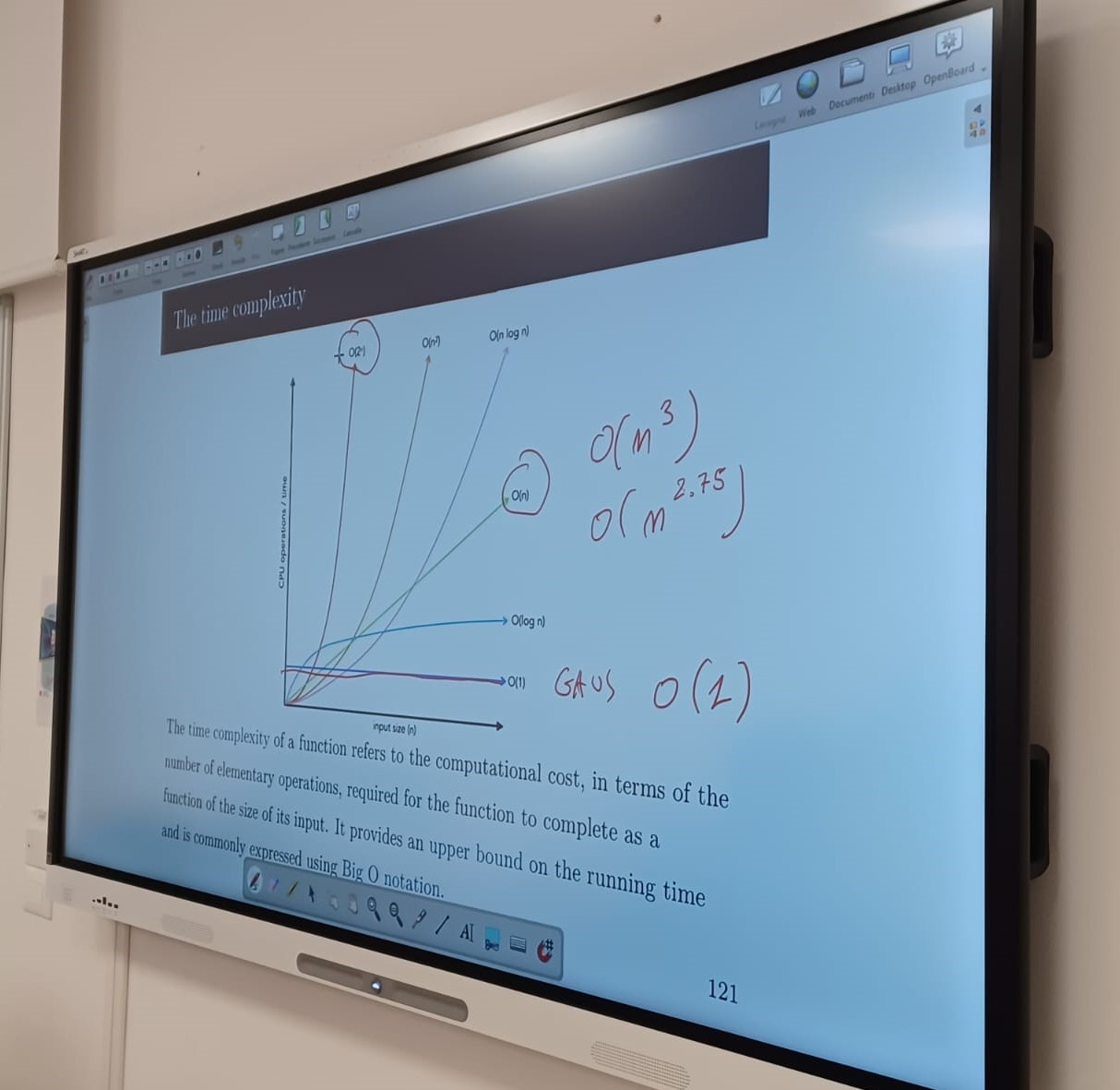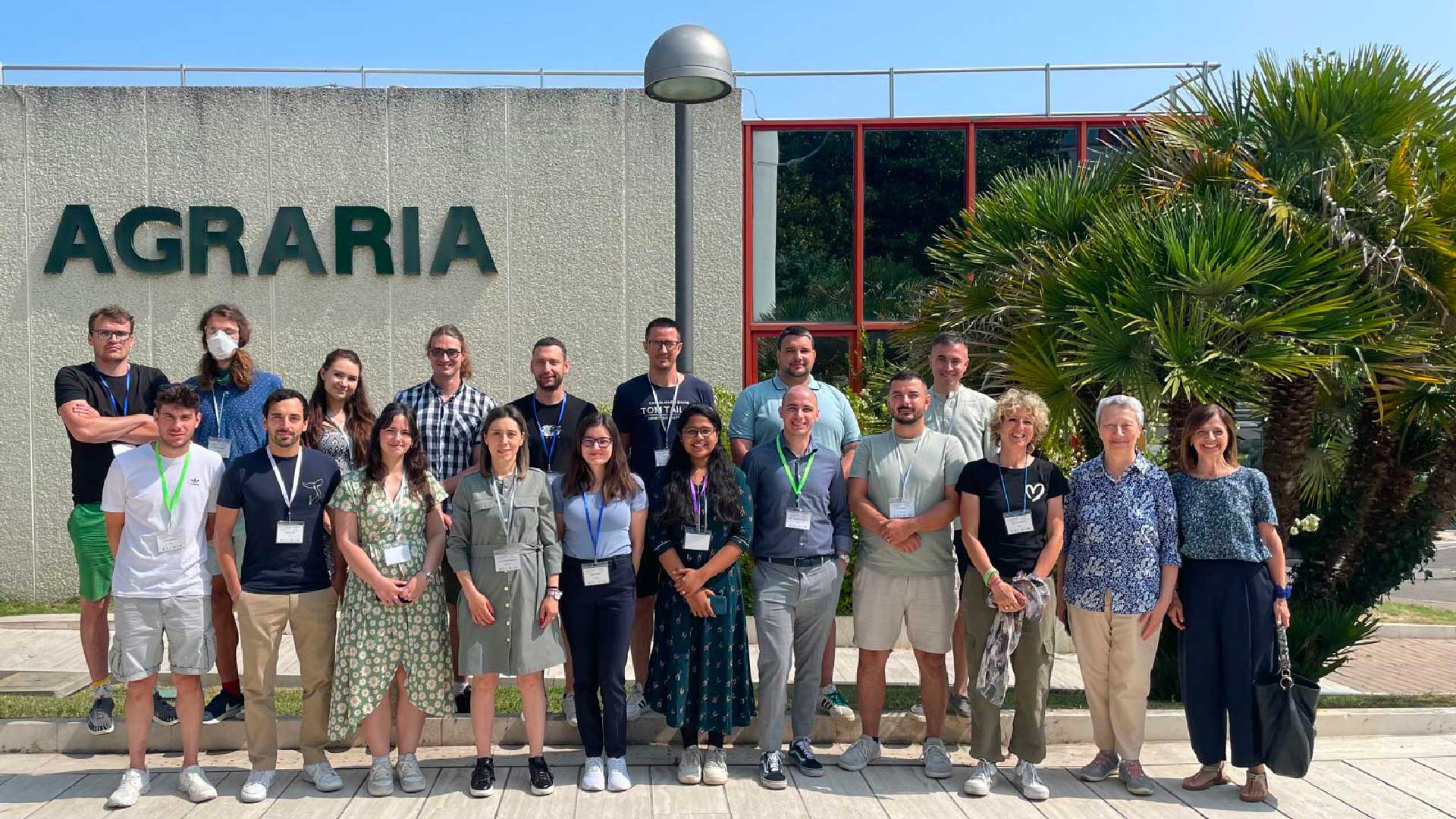What is the sixth assessment report of IPCC?
The Intergovernmental Panel on Climate Change (IPCC), a consortium of the world’s leading climate scientists, has released its sixth assessment report (AR6), which consists of four main sections. The final instalment of the report is the synthesis report, which serves as a comprehensive review of global knowledge of the climate, bringing together the key findings of the preceding three main sections. The previous three sections focused on the physical science of the climate crisis, such as observations and projections of global heating, the impacts of the climate crisis and how to adapt to them, and strategies to reduce greenhouse gas emissions. These three sections were released in August 2021, February and April 2022 respectively. In addition, the synthesis report also incorporates three other shorter IPCC reports published since 2018, which examine the impacts of global heating of more than 1.5C above pre-industrial levels, climate change and land, and climate change and the oceans and cryosphere (the ice caps and glaciers).
The next IPCC report is not expected to be released until around 2030. This makes the AR6 report the final opportunity, albeit a narrow one, to remain within the 1.5C global warming limit.
The purpose
The purpose of the IPCC AR6 synthesis report is to distil the vast amounts of scientific data into a more concise format, which is then summarized further into a “summary for policymakers”. This summary provides the scientific basis for global action on climate change. While it is written by scientists, the report is negotiated by representatives of almost 200 UN governments, which some argue can result in a watering-down of its messages by regimes that disagree with its findings.
The report is intended to inform the upcoming UN climate summit, Cop28, to be held in Dubai from 30 November and hosted by the United Arab Emirates. There, progress made by nations in reducing greenhouse gas emissions since the 2015 Paris climate agreement will be evaluated. It is expected that the report will reveal that governments are far behind in meeting their emissions-reduction targets.
The message
The data and research findings of hundreds of scientists leave no doubt that we are reaching a limit beyond which it will be difficult to adapt. This is why we could summarize the report in a warning message: urgent action is needed now before it’s too late.
“This report is a clarion call to massively fast-track climate efforts by every country and every sector and on every timeframe. Our world needs climate action on all fronts: everything, everywhere, all at once.”, said the UN secretary general, António Guterres. And he added: “The climate timebomb is ticking. But today’s report is a how-to guide to defuse the climate timebomb. It is a survival guide for humanity. As it shows, the 1.5C limit is achievable.”
Read More @IPCC»






